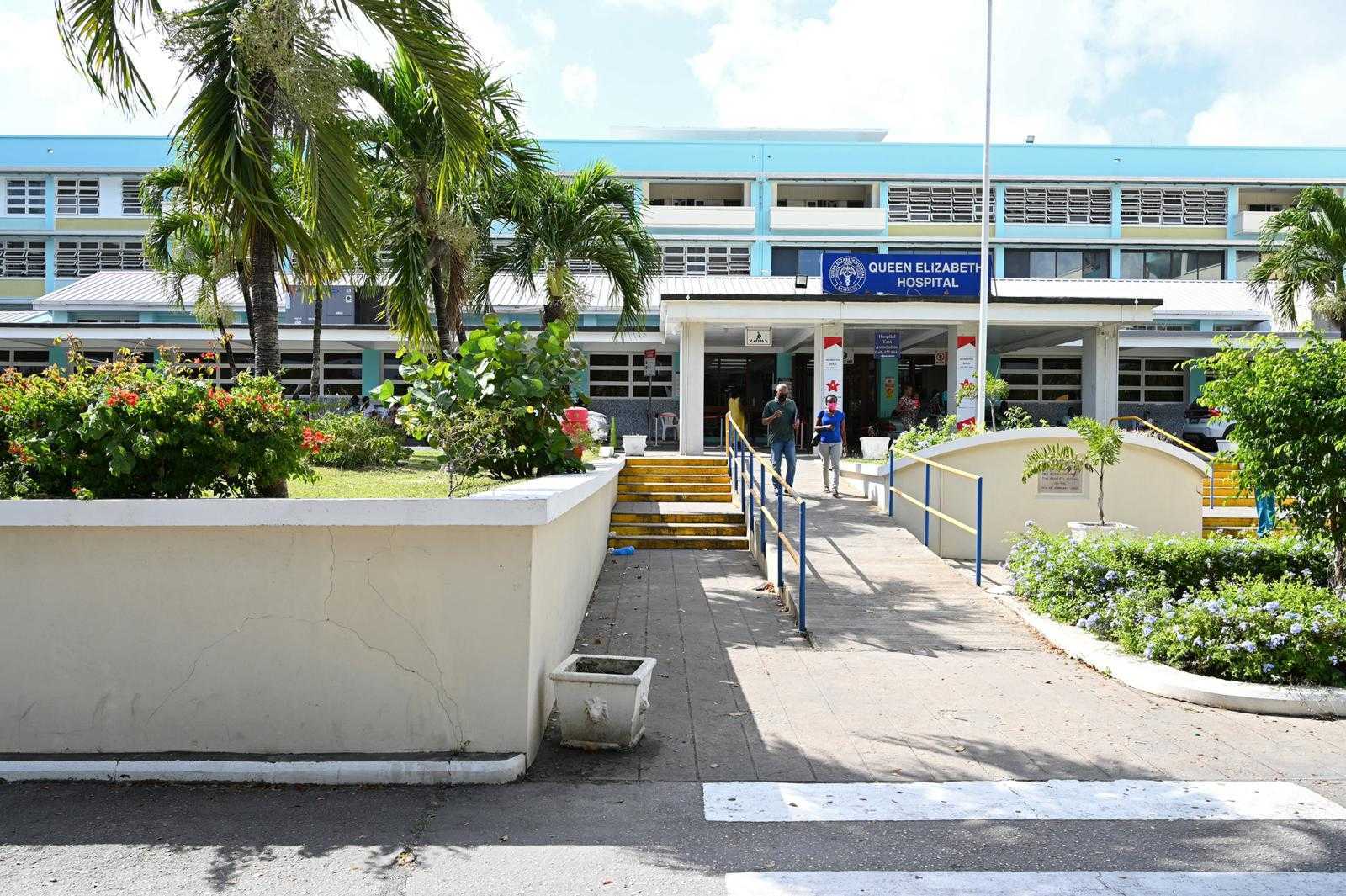Worsening Cardiovascular Crisis at Queen Elizabeth Hospital Raises Concerns

November 26, 2024
The Queen Elizabeth Hospital faces a cardiovascular crisis with a surge in severe heart attacks and strokes, straining resources and causing delays in urgent care, according to Dr. Dawn Scantlebury.
The Queen Elizabeth Hospital (QEH) is in the throes of a worsening cardiovascular crisis, with as many as three severe heart attacks a day and strokes pushing the healthcare system to its limits, Dr Dawn Scantlebury, Head of Cardiovascular Services, warned on Monday.
She said the island’s top cause of death and disability—heart disease—is outpacing resources and leaving hundreds of patients waiting for urgent care.
The rise in heart disease, according to the expert, is not unique to the island as it reflects a global pattern that is placing unprecedented strain on local healthcare systems.
Speaking during the hospital’s The Pulse Radio Show on Monday, Dr Scantlebury revealed that the QEH is now managing significantly more cases of serious heart attacks—segment elevation myocardial infarctions (STEMIs)—than in previous decades.
“This month, there have been days where we’ve seen two or three STEMIs in a single day,” she said. “Twenty years ago, these cases were rare, occurring about once a month.”
According to the Barbados National Registry, the island recorded 547 myocardial infarctions in 2020-2021, with 150 to 200 classified as STEMIs.
Additionally, heart failure and stroke admissions have increased, further compounding the strain on the hospital’s cardiology services.
Scantlebury revealed that despite the rising burden, QEH operates with the same number of cardiologists—four adult specialists and one paediatric cardiologist—that it had twenty years ago.
The mismatch between patient demand and available resources, she noted, has led to extended waiting times for critical diagnostic tests and treatment.
“The waiting list for an echocardiogram is now eight months. Stress tests require a four-month wait, and [additional] monitoring adds another delay,” the heart doctor said. “These are tests that should be urgent, but with hundreds of patients waiting, urgency becomes nearly impossible to manage.”
The resource gap has left healthcare workers stretched thin and patients frustrated, as Scantlebury added: “The disease burden has outstripped our capacity, and unfortunately, patients bear the brunt of that.”
Efforts to address the health crisis include government-approved plans to increase staffing levels. The cardiology department is set to receive additional cardiologists, junior doctors, and nursing staff in the coming months.
“We are now working on strategies to deploy the new staff effectively,” Dr Scantlebury said, adding that enhanced team coordination and resource allocation will be key.
But despite promises of additional experts and necessary hands to help, the department is still stifled by a major obstacle: limited infrastructure.
“We are working with a small physical space, which requires imaginative solutions,” the head of cardiovascular services noted, adding that a dedicated building for cardiology services, though not currently feasible, is ideal.
She further encouraged the public to prioritise their health and be mindful of their diet.
shannamoore@barbadostoday.bb


